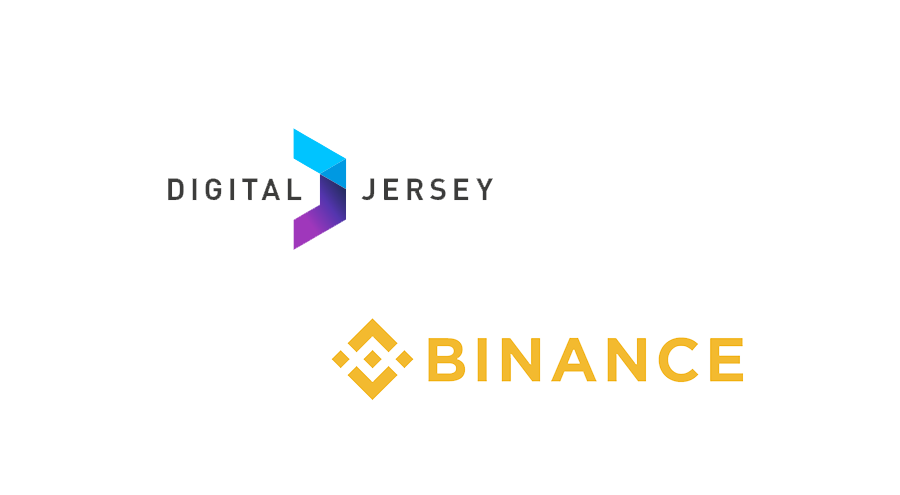Following the recently signed Memorandum of Understanding between cryptocurrency exchange Binance and Digital Jersey back in June, the Jersey Financial Services Commission (JFSC) earlier this month issued a Guidance Note on the approval process for ICOs.
The ICO Guidance Note is aimed at creating a transparent process for ICOs to obtain consent from the JFSC to issue tokens and raise capital in Jersey. At the same time, it sets out safeguards that token issuers must put in place to protect against scams and ensure money laundering checks are done.
“Raising money through ICOs rather than traditional venture capital is becoming a more prevalent and in many cases preferred way to fund tech start-ups. They allow founders to focus on product development, rather than spending a disproportionate amount of time in courting investors and negotiating complex subscription documents. ICO is a much faster route to market compared to other means of funding, and engages a wider crowd of investors including early adopters and enthusiasts who also form the initial user base pivotal to the success of a project in the early stages.”
Binance has recently started building a fiat-to-crypto exchange in Jersey, which will allow customers to buy bitcoin and ether using sterling trading pairs. The activities of the new exchange would be registered with the Jersey Financial Services Commission (JFSC).
“Jersey’s crypto community has been collaborating with the financial services regulator to strike the right balance in the ICO Guidance Note. Jersey has been at the forefront of crypto regulation for some time and the ICO Guidance Note takes us another step forward. Jersey’s treatment of exchanges and ICOs is permissive and allows for innovative businesses to operate in a country with a first-class regulatory reputation. On the other hand, the ICO Guidance Note sets high standards designed to prevent any scam projects ever setting foot in Jersey.”
Under the framework, the JFSC does not regulate the ICOs or the companies that issue them, it does require the companies to satisfy certain minimum standards and to appoint a regulated Trust and Company Service Provider to administer the company.
“This represents an innovative and pragmatic approach to the treatment of ICOs in Jersey. It illustrates our commitment to fintech developments more generally, but at the same time reflecting our guiding principles of consumer protection, countering financial crime and protecting the reputation and best economic interests of the Island.




















